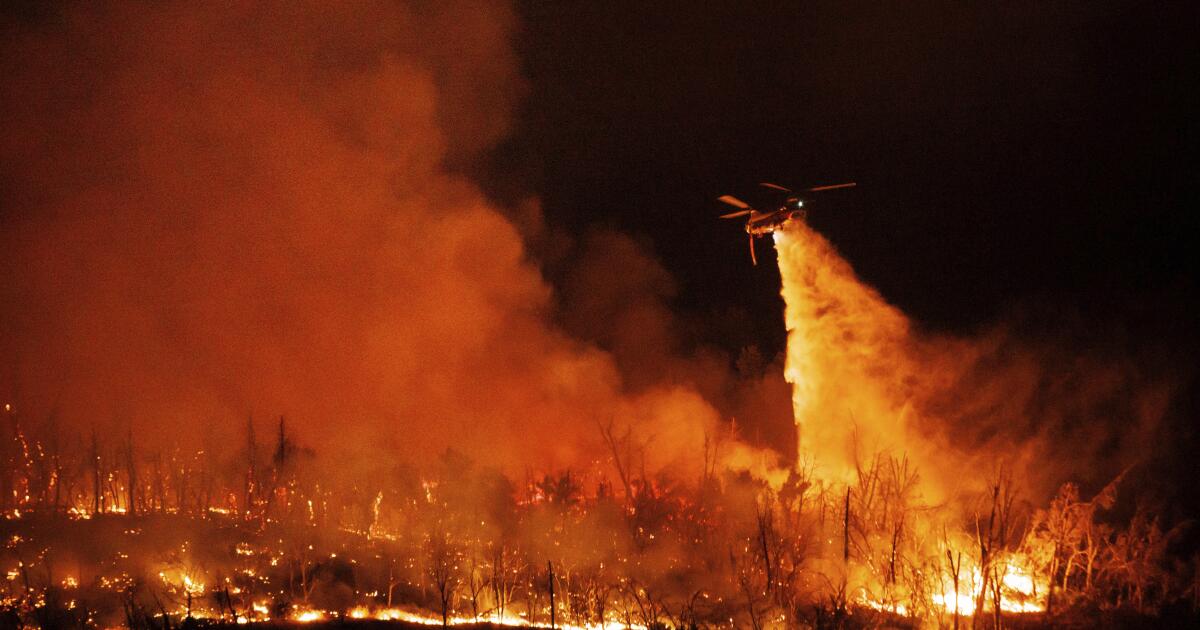Breadcrumb Trail Links
OpinionOp-Ed
Opinion: In today’s climate, SOGI 123 has, unfortunately, become a lightning rod for misinformation and polarization.
Article content
Nearly a decade ago, we collaborated with K-12 education partners across B.C. to create the SOGI 123 framework as part of the province’s strategy to address bullying, discrimination and violence in schools.
In recent years, SOGI 123 — sexual orientations and gender identities — has been a focal point of praise and controversy, becoming a proxy for a broader societal debate. As students head back to school across B.C., we feel compelled to revisit the foundational principles of SOGI-inclusive education, to address the growing polarization surrounding it and to clarify the essential need for this initiative in our schools today.
Advertisement 2
Article content
SOGI 123 was created with a clear vision: Develop tools and resources to help create safer and more inclusive school environments for students of all sexual orientations and gender identities.
The initiative was born from a need to address the significant risks that 2SLGBTQIA+ students face. Studies consistently show these youth are at significantly higher risk for homelessness, mental health issues, bullying, self-harm and suicide. According to a 2021 Egale Canada study, 62 per cent of 2SLGBTQ students feel unsafe at school, compared to 11 per cent of cisgender heterosexual students.
The statistics are stark and underscore the critical importance and need for SOGI-inclusive education.
The initiative is grounded in three key approaches: establishing clear policies and procedures to prevent and redress bullying and discrimination, fostering SOGI-inclusive school environments, and employing teaching resources to teach diversity and respect for 2SLGBTQIA+ people. These pillars are designed to create a comprehensive and concrete framework that supports and protects students, saving lives in the process.
Article content
Advertisement 3
Article content
At the time of SOGI 123’s inception in 2016, the provincial government enshrined gender identity and expression in the B.C. Human Rights Code (sexual orientation had previously already been included in the code). This legal protection underscores a continued commitment to safeguarding the rights and dignity of all individuals, further validating the importance of initiatives like SOGI 123.
In today’s climate, SOGI 123 has, unfortunately, become a lightning rod for misinformation and polarization. Highlighting the deep divisions in public opinion are the recent rallies with thousands of people both supporting and opposing SOGI 123.
Critics assert that SOGI 123 indoctrinates and imposes certain beliefs on children while undermining parental rights. In fact, SOGI 123 is a set of resources and supports for schools and teachers to ensure that all students feel safe and valued in their schools.
Critics also argue that discussing sexual orientation and gender identity in schools is inappropriate or unnecessary. Yet, failing to address these topics does not make 2SLGBTQIA+ students any less real or their experiences any less valid. Ignoring these topics contributes to a culture of silence that can be far more harmful than open, honest conversations about diversity and inclusion.
Advertisement 4
Article content
These conversations help prepare all students for living in a pluralistic society where all these identities exist and where understanding and respecting others is critical to a successfully functioning society. Indeed, not educating about all the various identities in the world around us leads to misunderstandings and misconceptions.
The underlying core of SOGI-inclusive education is safety and inclusion. Every student deserves to learn in an environment where they feel safe, respected, and accepted: an environment in which they are more likely to succeed academically and socially, both in school and beyond in life. SOGI-inclusive schools are beneficial for not only 2SLGBTQIA+ students, but also create a better learning environment and feelings of safety for everyone.
Teaching resources are developed to help educators integrate discussions about diversity and inclusion into their lesson plans in a way that is age appropriate. These resources are teacher-informed and sensitive to the developmental stages of students, while also being comprehensive enough to cover the complexities of sexual orientation and gender identity.
Advertisement 5
Article content
As we move forward, it is essential to continue supporting and refining SOGI 123 by responding to the evolving needs of students, families and communities. The challenges faced by 2SLGBTQIA+ youth are not static, and neither should be our solutions.
Collaboration is necessary among educators, parents, policymakers, and organizations like ARC Foundation, to ensure that our schools are places where every student can thrive. Together, we can create a future where all students are empowered to be their authentic selves in a supportive and understanding environment. This is the promise of SOGI 123, and it is a promise worth protecting.
Lisa Dominato is a Vancouver city councillor and former director of student wellness and safety, Ministry of Education. Robert Quartermain is founding trustee of and adviser to the ARC Foundation.
Article content
Share this article in your social network


















.jpg&h=630&w=1200&q=75&v=20170226&c=1&w=120&resize=120,86&ssl=1)

